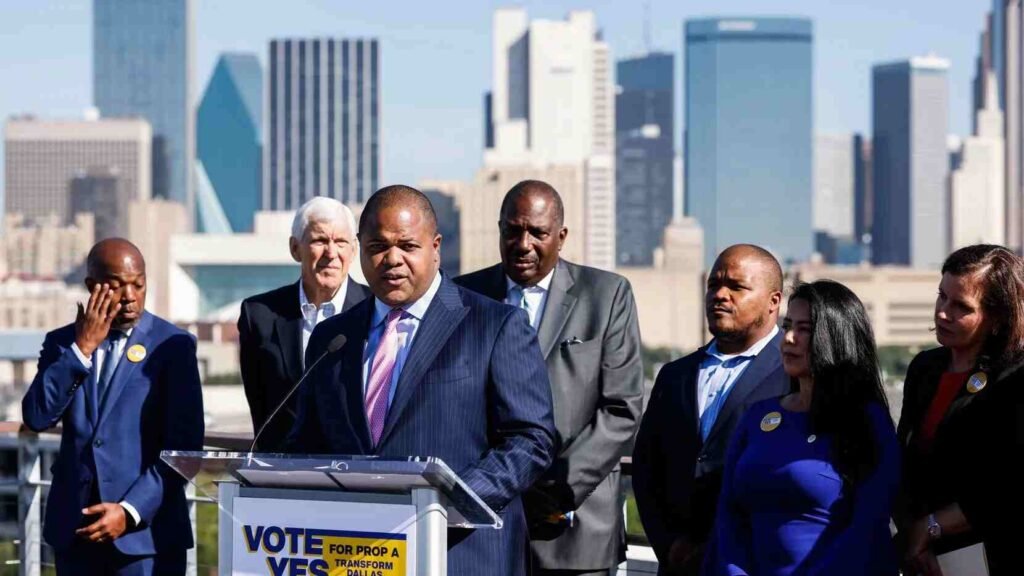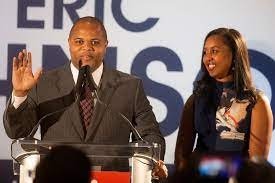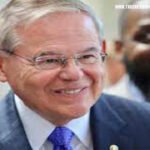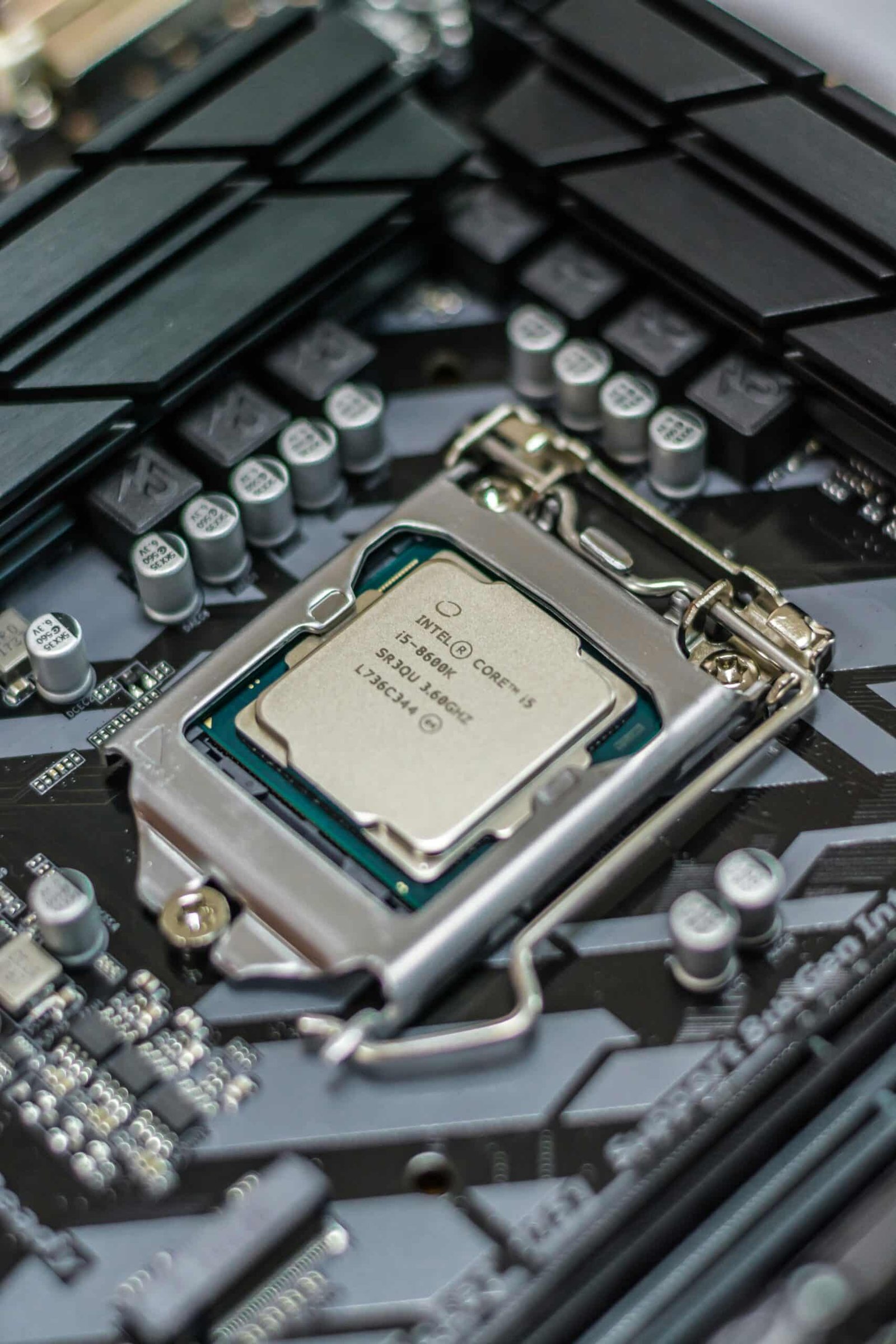Dallas Mayor Eric Johnson, a longtime Democrat, has made a noteworthy transition in his political affiliation, officially joining the Republican Party. This decision has significant implications as it now positions Dallas as the largest city in the nation with a Republican mayor.
In an op-ed featured in The Wall Street Journal, Johnson shared, “Today I am changing my party affiliation. Next spring, I will be voting in the Republican primary. When my career in elected office ends in 2027 on the inauguration of my successor as mayor, I will leave office as a Republican.”
Before his tenure as Dallas mayor, Johnson had served for nine years in the Texas Legislature as a Democrat. While the role of mayor is technically nonpartisan, Johnson’s alignment with the GOP places him alongside Fort Worth Mayor Mattie Parker as one of the few Republican mayors presiding over major Texas cities.

Political observers in Dallas had been anticipating this move, as Johnson had been signaling his alignment with the GOP for some time. Vinny Minchillo, a Republican consultant in the Dallas area, commented, “This is one of the worst-kept secrets in the world of politics. This has been coming down for a long time.”
State Rep. John Bryant, a Dallas Democrat, humorously responded to Johnson’s party switch on social media, stating, “Switching parties? I didn’t know he was a Democrat.”
In his op-ed, Johnson outlined how his vision for Dallas aligns with the GOP, highlighting his support for law enforcement, low property taxes, and a business-friendly environment. Throughout his mayoral tenure, he actively endorsed anti-crime initiatives and built a strong rapport with Dallas Police Chief Eddie Garcia. Johnson’s reelection in May proceeded uncontested, with significant support from the city’s business donor community, which often leans Republican, as well as the Dallas Police Association, the city’s police union.
“Mayors and other local elected officials have failed to make public safety a priority or to exercise fiscal restraint,” Johnson wrote in the op-ed. “Most of these local leaders are proud Democrats who view cities as laboratories for liberalism rather than as havens for opportunity and free enterprise.”
Johnson’s party switch also positions him as one of the most prominent Black Republicans in the country, joining the ranks of figures like South Carolina Senator Tim Scott and Kentucky Attorney General Daniel Cameron. While Black voters predominantly support the Democratic Party, the GOP has made inroads among Black men in recent years.

Nevertheless, Dallas remains a stronghold for the Democratic Party, with Dallas County giving Joe Biden a significant lead over Donald Trump in the 2020 presidential election. Some local politicians argue that Johnson’s decision does not align with the preferences of the city’s voters.
Dallas City Council Member Adam Bazaldua remarked, “I don’t believe that it sets the tone for where the priorities are. In fact, that’s why I believe it would have been nice for voters to have the opportunity to know that party affiliation prior to going to the ballot box in May.”
Many political observers interpret Johnson’s party switch as a potential precursor to a statewide political venture, a realm traditionally dominated by Republicans in Texas.
Cal Jillson, a political science professor at Southern Methodist University, observed, “You’ve got to be a Democrat to win in Dallas. You’ve got to be a Republican to win in Texas.”
Minchillo, the GOP strategist, views Johnson’s party switch as a reflection of the evolving landscape of the Democratic Party in Texas.

Summary
The blog discusses the significant party switch of Dallas Mayor Eric Johnson, who transitioned from being a Democrat to becoming a Republican. This move makes Dallas the largest U.S. city with a GOP mayor. The article explores Johnson’s motivations for the switch, highlighting his alignment with Republican principles such as law enforcement support, low property taxes, and a business-friendly environment. It also touches on the potential impact of his party switch on Dallas politics and the wider political landscape in Texas. Johnson’s newfound status as a prominent Black Republican is noted, even as Dallas remains a stronghold for Democrats. The blog emphasizes the potential implications of this move, including its influence on public safety and fiscal policies, while positioning Johnson as a notable figure in the changing political dynamics of the state.
Read more : https://truereviewmagazine.com/










